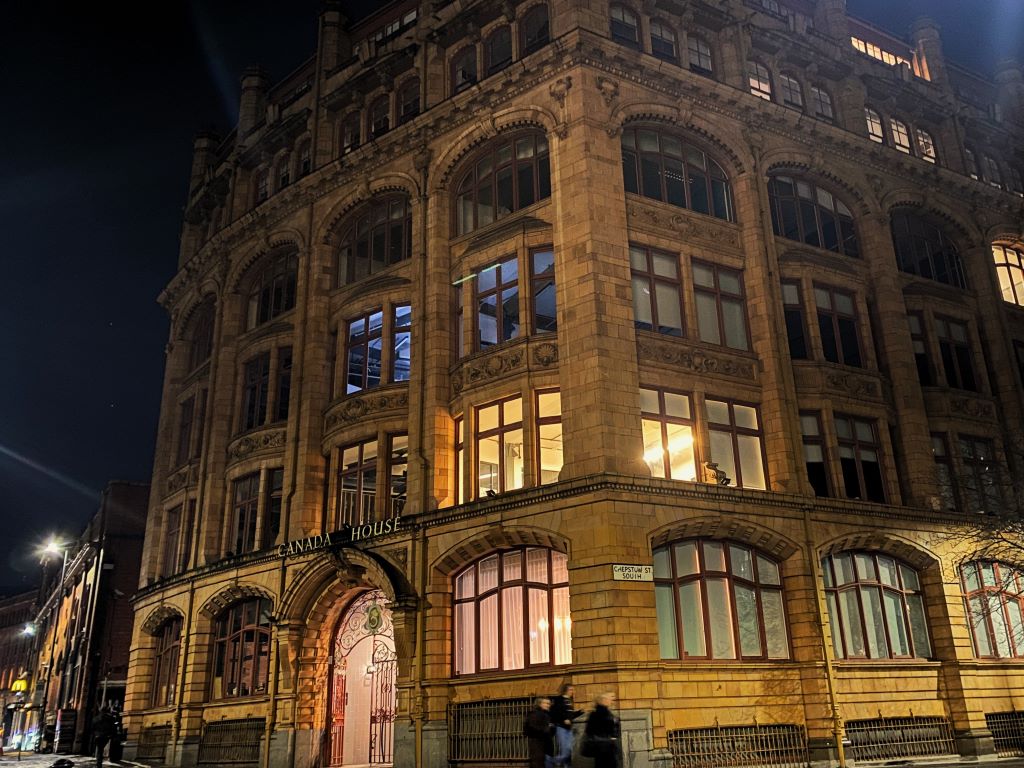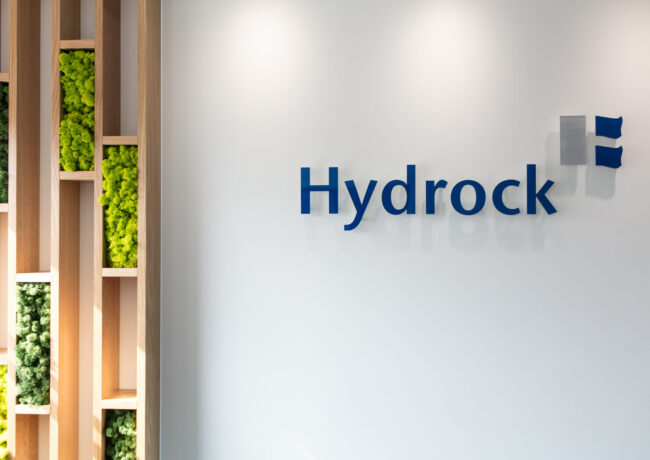VIDEO | Building Safety Act: Culture change or culture shock?
At UKREiiF, a panel of industry experts weighed in on how this transformative legislation will change the way buildings are designed, built, and maintained – and if the property industry is prepared for its full implementation.
Following the Grenfell Tower tragedy in 2017, Dame Judith Hackitt’s review of the construction industry led to the Building Safety Act.
It’s clear that this is set to have an enormous impact on the way buildings are designed, built, and maintained, with one of the biggest changes being the weight of responsibility of building managers. One year on, has the industry started to get to grips with the repercussions of this game-changing legislation, or do we need to brace for shock?
That was the big question posed at UKREiiF. As part of a session titled The Building Safety Act: Culture change or culture shock? sponsored by Hydrock, an engineering design, energy, and sustainability consultancy, we heard some of the industry’s most influential people weigh in with their thoughts around one of the most complex challenges facing the construction industry.
Panellists included:
- Darren Rodwell, Leader of Barking and Dagenham Council
- Fiona Fletcher-Smith, chief executive, L&Q
- Lee Powell, chief executive officer, GMI Construction
- Rob Perrins, chief executive, Berkeley Group
- Todd Marler, senior director of operations, Greystar
- Will Freeman, director of building safety and information management, Hydrock
- Jane Groom, London Communications Agency (Chair)
L&Q’s Fletcher-Smith began by setting the scene and reminding the room of how important fire safety is, with the underlying revelation that this is set to be the biggest change in legislation for decades. Fire safety is something that the industry, people, and politicians have to get right.
“What we found behind the cladding itself really told a story about the construction industry,” she said.
However, she warned that, while everyone wants to do the right thing, there’s a skills gap that the UK needs to address, otherwise it will fail to implement the Building Safety Act.
“There simply aren’t enough people to do the work — they’re not out there. We need to get a grip on the skills issue,” she added.
Diving into the human side of the debate, she pointed out the inadvertent stress that both the skills shortage and the messaging around the Building Safety Act are creating among leaseholders and residents.
“People living in our buildings are living in fear. We’ve created an environment of fear. Let’s sort it out to give people peace of mind,” she pleaded.
Berkeley Group’s Perrins shared his view that, at its core, the Building Safety Act is an industry and government issue.
“In terms of looking forward, we welcome the new changes and working closely with the regulator. But there just needs to be some firming of the policy. The government needs to decide quickly what the rules are around a second staircase, so we have certainty.,” he said.
The London Fire Brigade has found that fire-related deaths are down 65% over the last 25 years.
Opening up the debate, Perrins said that tenants are not as concerned with their safety as they are with getting a mortgage and the timescales associated with that.
“We have to have the debate as to whether it’s about protection of the building or people. In my opinion, we have to start embracing the science,” he added.
GMI’s Powell backed the principles behind the changes which the Act is introducing.
“First and foremost, and speaking on behalf of the industry, let me state that we welcome change,” he said.
However, he warned that, in his opinion, the legislation is being forced through before the industry has had time to adequately prepare or understand the new laws. Particularly the introduction of the gateways and role of the Accountable Person, which there’s a lack of clarity around.
“Our concerns are around how the building gateways are going to operate. Uncertainty worries us. Where there’s uncertainty, there’s risk. That frightens us,” he added.
His fears were echoed by Greystar’s Marler, who considers the regulation to be “ambiguous and convoluted” and added that, where compliance is concerned, a lot of companies out there don’t even know where to start.
“Ownership structures are not simple. For us, trying to understand a huge portfolio of buildings is taking huge amounts of money when it comes to understanding the Accountable Person on each,” he added.
For Cllr Rodwell, the new legislation would have been better lending from the time when, particularly for local authorities, the Clerk of Works role was more of a feature to ensure compliance and maintain standards across the industry.
“It wasn’t perfect then, but you can’t tell me where we are now has improved. I’m worried that what we’re doing is complicating a system that needed to be pragmatic,” he said.
In his capacity of leading Hydrock’s response designed around the digital golden thread of information, Freeman summarised the challenge ahead as being mainly about the industry ‘joining-up’ to raise the bar for the future.
“Throughout my career, I’ve seen the challenges through most lenses. For me, this isn’t just about fire safety. This is systematic in how we operate,” he said.
Rounding off the session, chair Groom asked all the panellists “What their one ask of government would be?” given the opportunity:
- Perrins: “Firm-up the rules around policy.”
- Fletcher-Smith: “Take the skills shortage seriously.”
- Powell: “Certainty around the gateways.”
- Rodwell: “Take the politics out and come together to identify design value.”
- Marler: “Take more time to understand what the impacts will be.”
Visit Hydrock’s website for more information about how the consultancy is helping to safeguard communities, businesses, and assets across the built environment.





The Grenfell Tower tragedy happened in 2017 the Hackitt review was published in 2018 the Building Safety Bill had two years of consultation and the Act received royal assent over a year ago, yet the panel want the rules to be firmed up, want certainty about the gateways and want more time to understand what the impact will be. I find the panel members complacency and ignorance staggering! The Building Safety Act is a real game changer for the way high rise buildings are designed, constructed, managed and maintained the panel members need to wake up and smell the coffee as quickly as possible.
By Anonymous
” “What we found behind the cladding itself really told a story about the construction industry,” she said. However, she warned that, while everyone wants to do the right thing, there’s a skills gap that the UK needs to address, otherwise it will fail to implement the Building Safety Act. ”
Unfortunately (and sickeningly) not everyone wants to do the right thing. there are far too many in the industry, from leaders of tier-1’s to small businesses/individuals, who are only interesting in making money, if they can get away with it.
It is regulation and checking that needs to change. If that changes, then the industry will be forced to train people up and sort out the skills gap.
By Anon